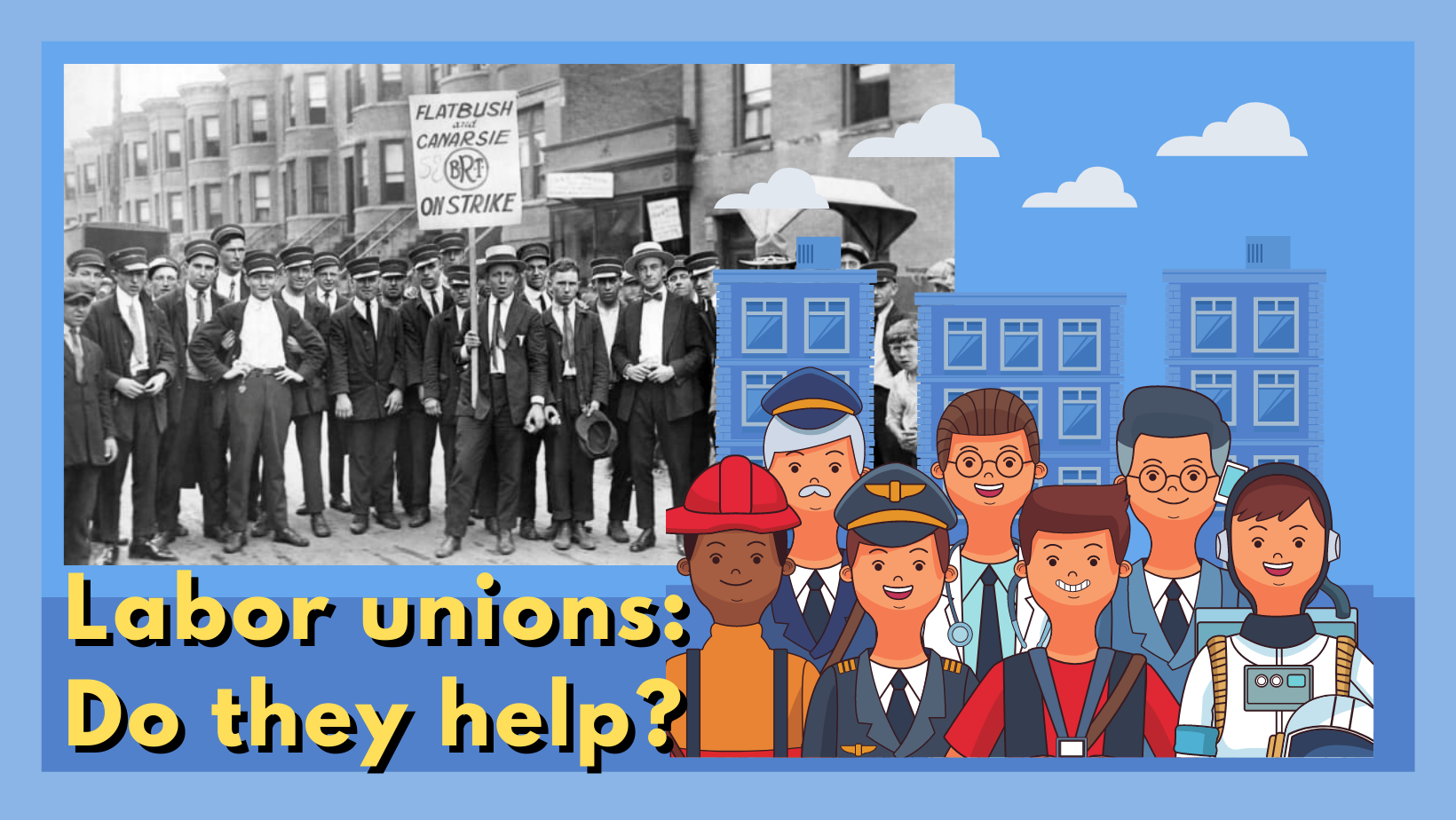Do labour unions increase the wages of workers?
Labour unions have long been a contentious issue in the field of economics. Proponents argue that unions can help increase wages and improve working conditions for employees, while critics claim that unions can harm economic growth and job creation. This article will explore whether labour unions increase workers’ wages from an economic perspective.
First, defining what we mean by a labour union is essential. A labour union is an organization that represents a group of workers in negotiations with employers over issues such as wages, benefits, and working conditions. Unions are typically formed when workers believe they are not receiving fair compensation for their work or feel that their working conditions are unsafe or unhealthy.
So, do labour unions increase the wages of workers? The answer is yes, but with some caveats. Research has shown that unionized workers generally earn higher wages than non-unionized workers in the same industry and with similar levels of education and experience. A study by the Economic Policy Institute found that unionized workers earn, on average, 13.2% more than non-unionized workers.
However, it is essential to note that the relationship between unions and wages is complex and multi-faceted. For example, while unions can increase wages for their members, they may also lead to higher unemployment rates, especially in industries with high levels of unionization. This is because unions may negotiate higher wages and benefits for their members, which can lead to higher labour costs for employers. If these costs become too high, employers may cut jobs or move their operations to areas with lower labour costs.
Another potential drawback of unions is that they can create a two-tiered wage system within a company or industry. This occurs when unionized workers earn higher wages and benefits than non-unionized workers who perform the same job. This can lead to resentment and tension between union and non-union workers, adversely affecting productivity and morale.
Finally, it is worth noting that the impact of unions on wages can vary depending on the industry and the specific union in question. For example, some unions may be more successful at negotiating higher wages and benefits for their members than others. Additionally, the impact of unions on wages may be more significant in industries where labour is in high demand, as employers may be more willing to negotiate with unions to retain skilled workers.
In conclusion, labour unions can increase workers’ wages, but the relationship between unions and wages is complex and multi-faceted. While unions can negotiate higher wages and benefits for their members, they may also lead to higher unemployment rates and create a two-tiered wage system within a company or industry. The impact of unions on wages can also vary depending on the industry and the specific union. Therefore, it is essential to consider the pros and cons of unionization before deciding whether to join or form a union.



